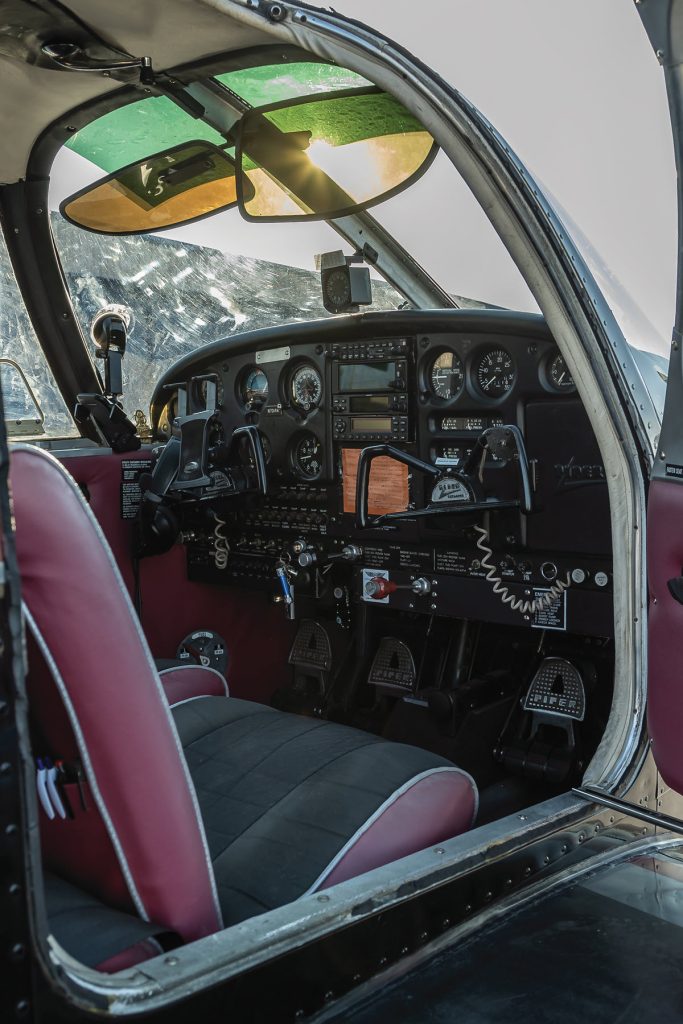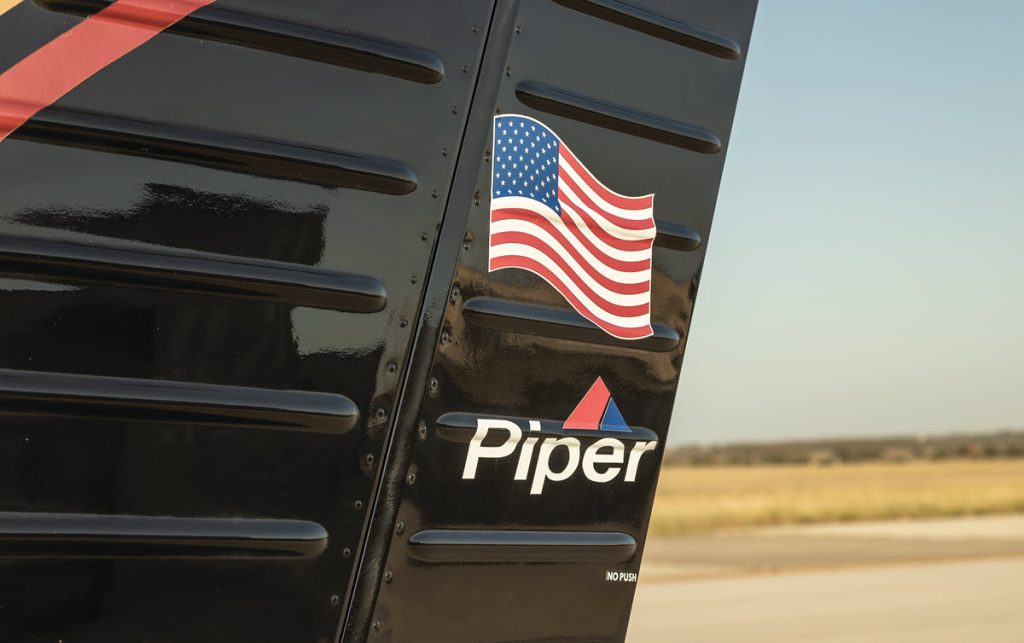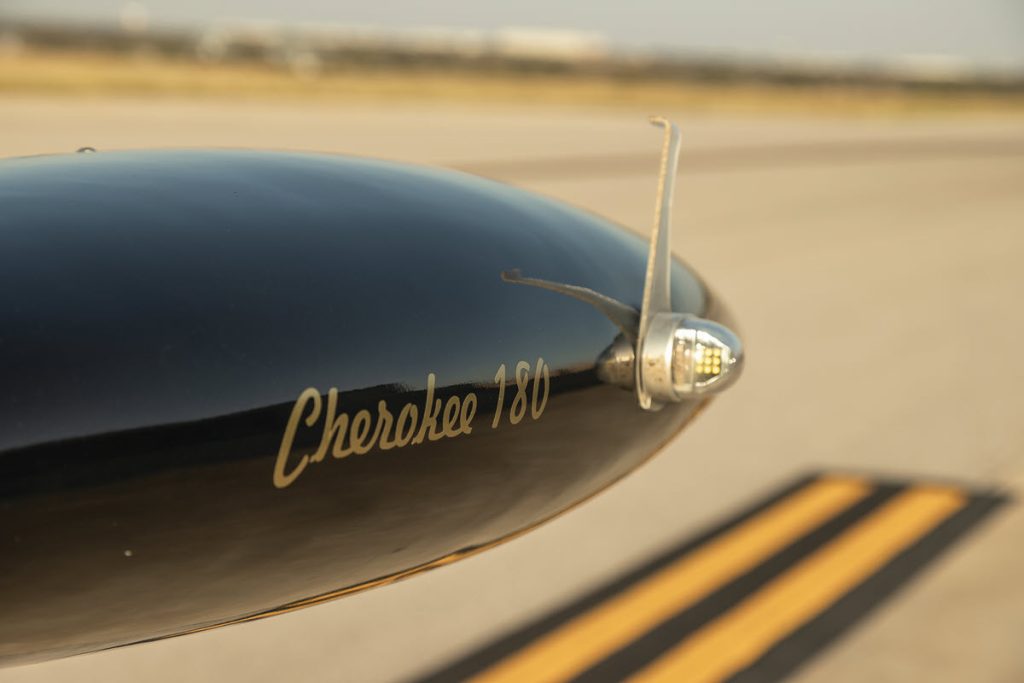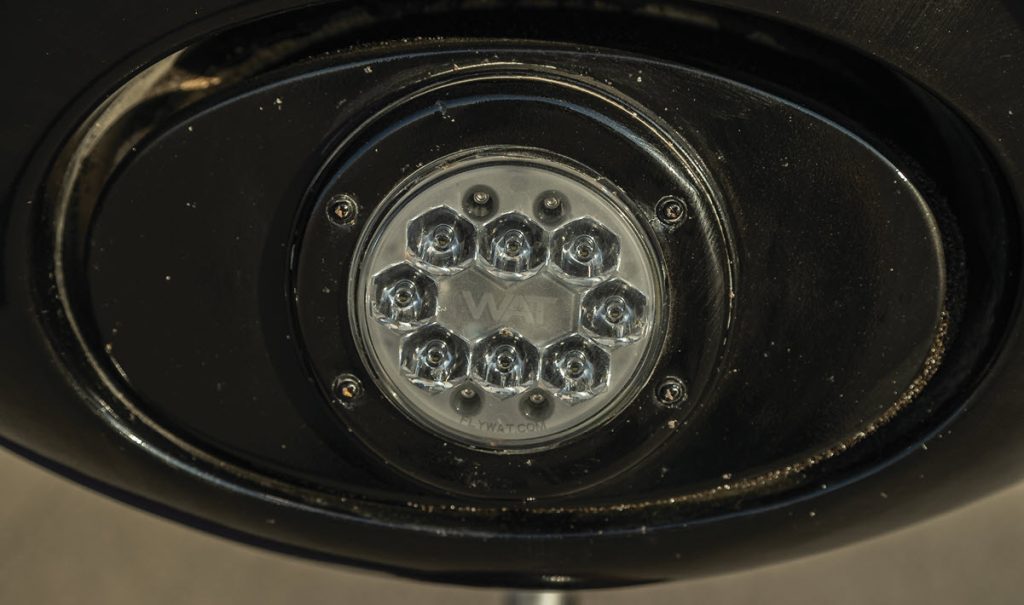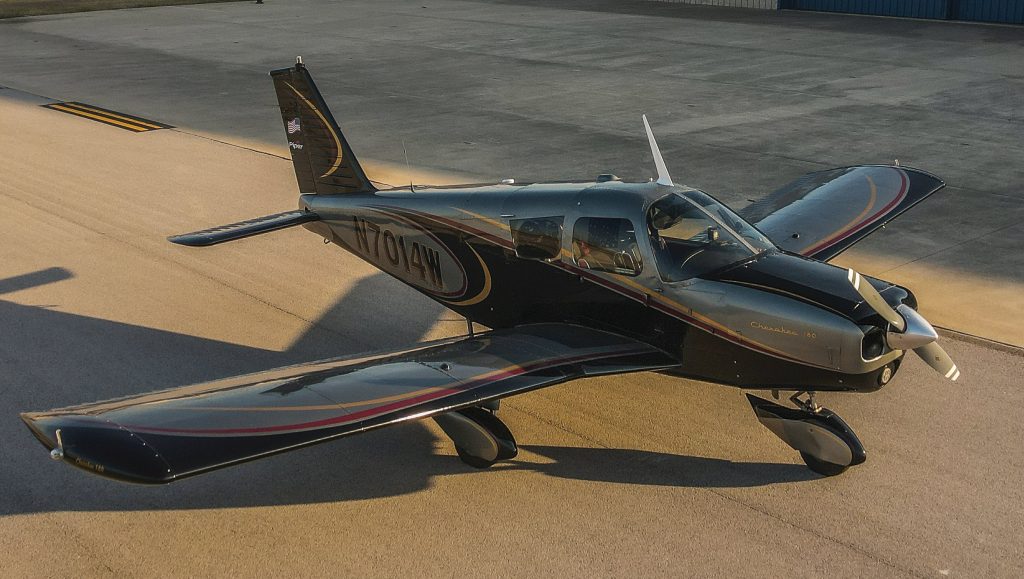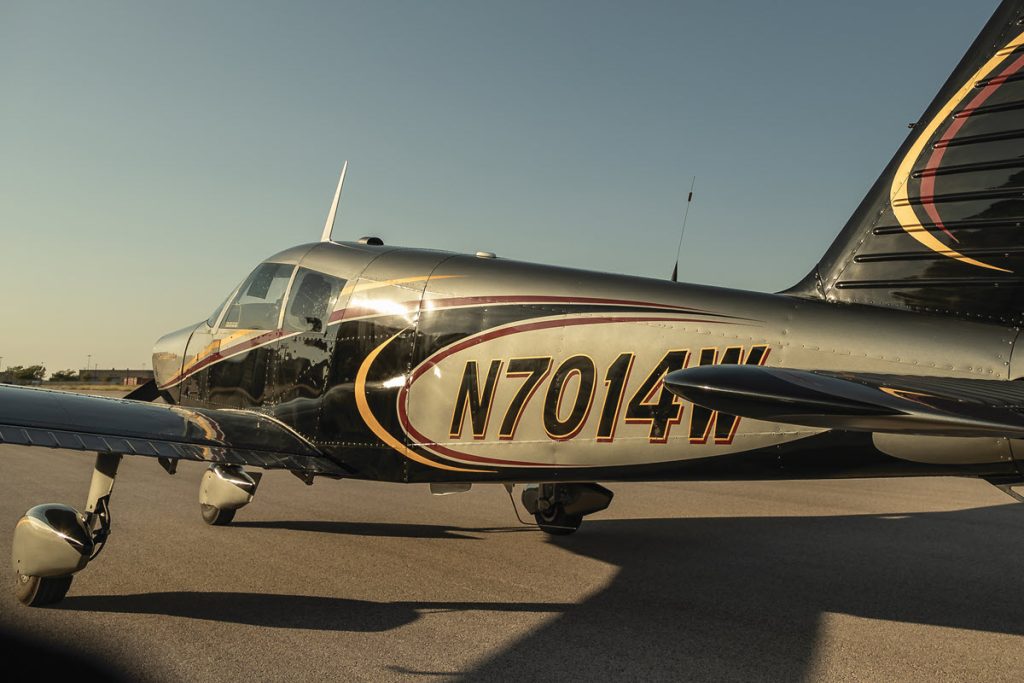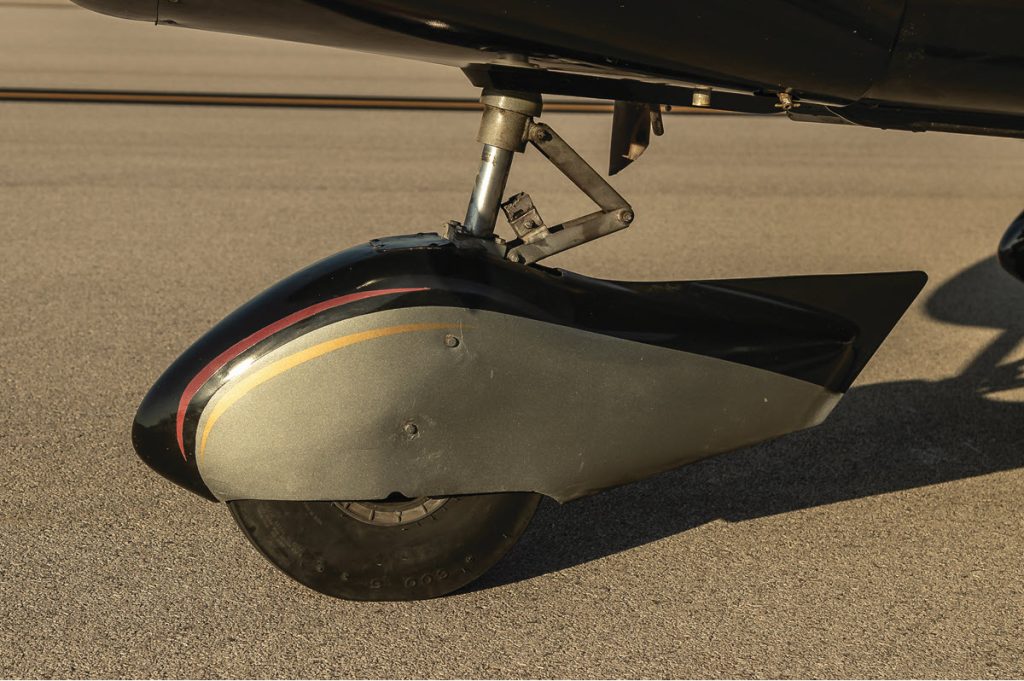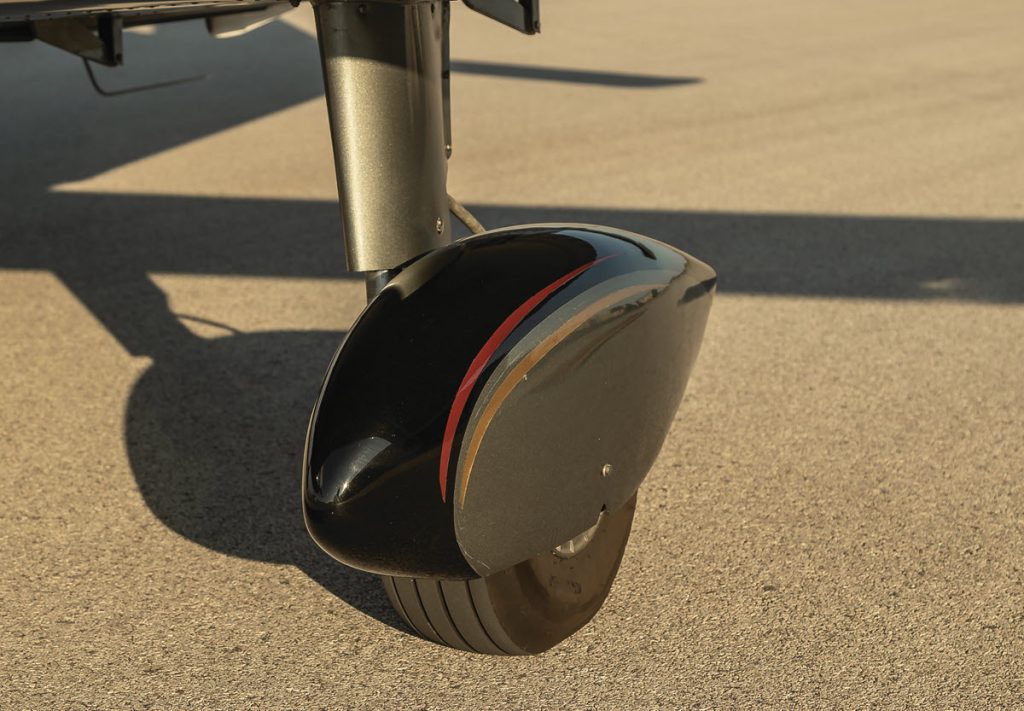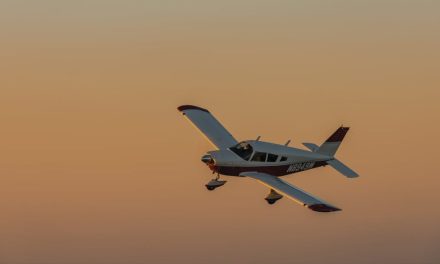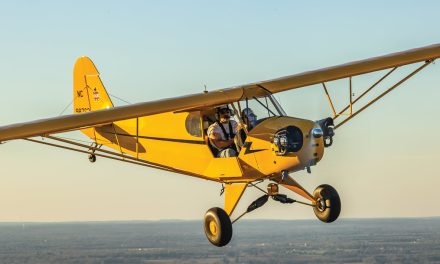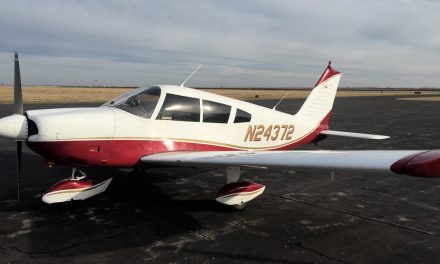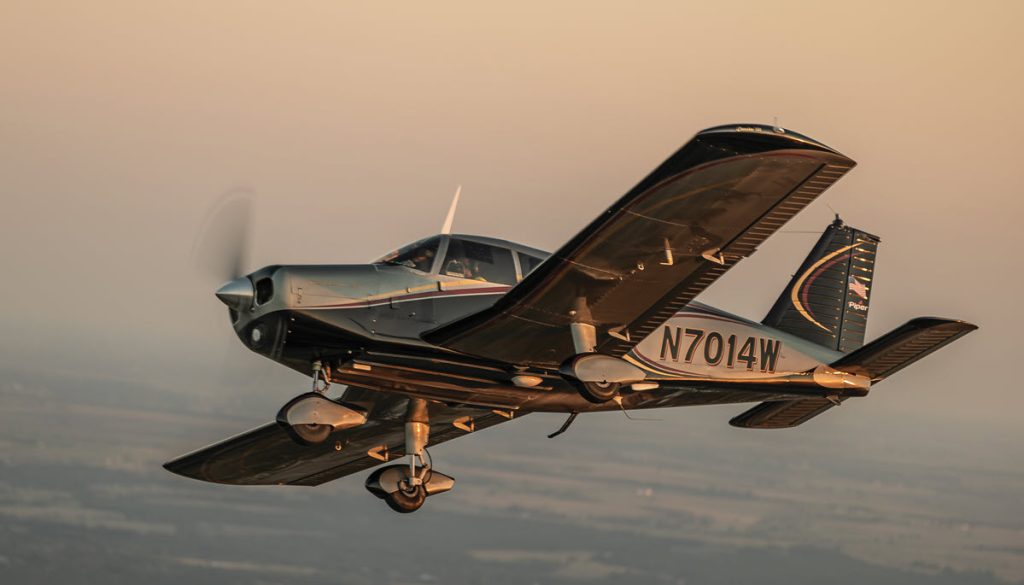
By Michelle Adserias
As far back as he can remember, Anil Bhatia wanted to be a pilot. Sometimes, however, life takes us down a different path than we anticipate. It wasn’t until 2005 that Anil was able to begin pursuing his dream to fly.
He began training in California with the Long Beach Flying Club. But once again, life took some twists and turns that prevented him from completing his training until 2021, when he moved to Texas and completed his PPC, instrument and his commercial single and multi-engine ratings. He wasted no time purchasing his first aircraft, a 1962 Piper Cherokee. The Cherokee’s low-wing profile appealed to Anil. He first began training in Piper Archers so this configuration already felt comfortable and natural. 180
N7014W had been sitting in a hangar, covered with dust and neglected, for about eight years when Anil found it. Because of the supply chain complications with the COVID shut-downs, he wasn’t able to get the parts he needed to get his newly-acquired airplane up and running. It was two years from the time of purchase before he was able to take possession of his Cherokee. He was so eager to continue flying, he bought a Beechcraft Sundowner to fly while he waited for things to return to normal. Once parts were available and repair shops reopened, Anil began bringing his Cherokee back to life.
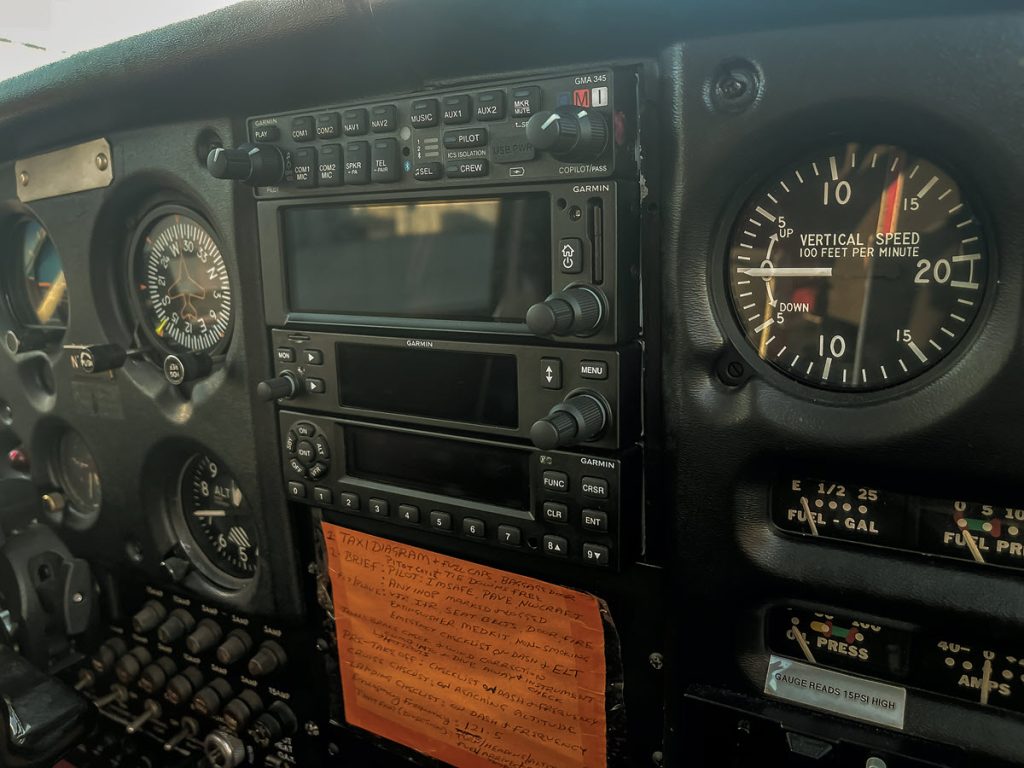
Reviving the Cherokee
When Anil purchased N7014W, everything was still original – from the steam gauges to the paint job – so there were plenty of updates to be made. The first order of business was to give the engine a complete overhaul. B&G Aviation did outstanding work on the engine. Once finished, it “flew beautifully.”
The next thing Anil addressed was avionics. He replaced these with all new Garmin instrumentation. The aircraft is now a fully IFR-rated aircraft. A new engine monitor, JPI 850, keeps this pilot well-informed of any engine and fuel-related concerns as he flies.
After addressing the Cherokee’s inner workings, Anil turned his attention to the airplane’s exterior. The new paint job, completed in August, gave the heritage aircraft a fresh look. It’s a head-turner with its sleek lines and striking color palette. He has plans to upgrade the interior in the future.
Since COVID restrictions were lifted, acquiring most parts has not been a problem. The exception is a shortage of some small, plastic parts for the interior that are hard to find. Anil turns to Aircraft Spruce and Air Power for parts.
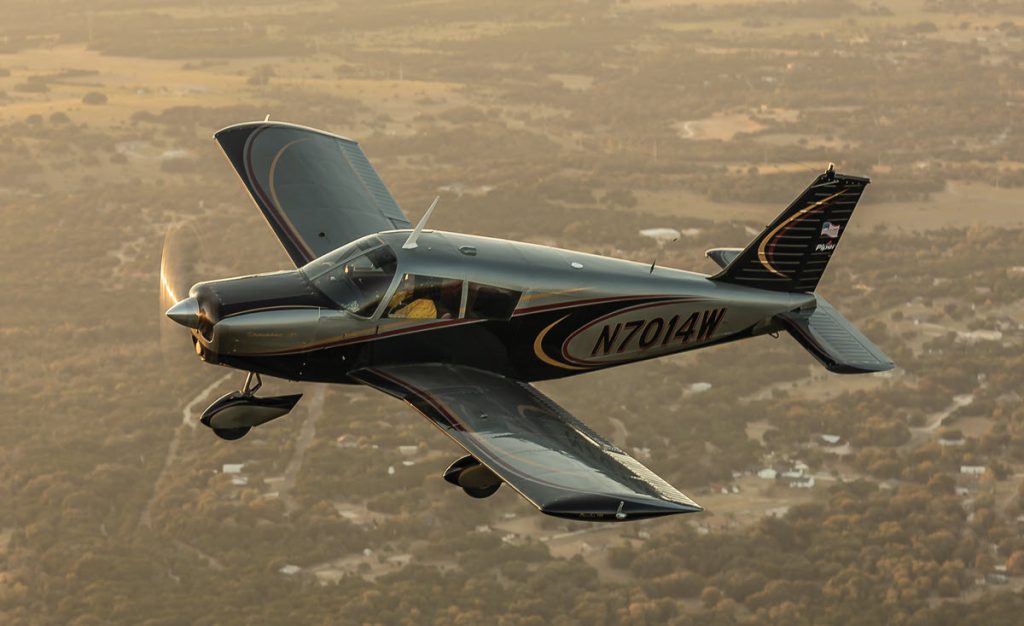
Piper Cherokee Pros and Cons
Anil noted his Piper Cherokee is well-designed, especially given its age. Because of its lightweight frame, it has amazing endurance – almost seven hours. Additionally, it can take off and land in relatively tight spaces while carrying an impressive load. The Hershey Bar wings give the aircraft a great deal of stability. It performs well and is very nimble, making it enjoyable to fly. And, considering the era in which it was built, the cabin is well-planned.
Despite the cabin’s well-planned design, Anil feels a few things could be improved. The soundproofing could be better and it could be a little roomier, especially for the rear passengers. Perhaps there was ample room when people were smaller in the early 1960’s, but they have gotten taller through the years! The limited space makes having only one door even more inconvenient. Anil would like to take his older parents on a flight but getting them in and out of the Cherokee is a challenge.
There are a few aspects of the airplane’s performance Anil would improve, if he could. While his Cherokee handles well, he would love to see better climb performance at altitude and greater forward speed.
The most concerning thing, because it is a big safety issue, is the stall light. In its day, the light’s location was perfectly fine. However, when Anil is using his iPad Mini in flight, the stall light is hidden by his device. This is especially problematic when he is flying through the clouds and depending on his instruments. Anil would prefer a stall horn to alleviate this problem.
A Frequent Flyer
Anil’s current goal is to build enough time in his Cherokee to qualify as a professional charter pilot. To that end, he flies an amazing 35-40 hours each week, averaging about 100 hours per month. He has created the “Time Building Austin” Facebook page to collaborate with and encourage other pilots in the greater Austin area who have similar time-building goals, seeking better job opportunities.
Additionally, Anil is currently a volunteer pilot with Civil Air Patrol, an auxiliary of the United States Air Force. He is looking forward to becoming an Angel Flight central volunteer. Angel Flight Inc. is a charitable organization that serves people in need by arranging free flights for health care or other humanitarian purposes.
Anil’s devotion to flying is more than an investment in his future. It’s evidence of his love for aviation and community.
When asked about his operating costs, Anil explained that with fuel costs, hangar fees and maintenance, it costs about $130 per hour to keep his Cherokee in flight.
His favorite airports include Conroe Airport (KCXO) and Sugarland (KSGR) near Houston, with Dallas/Fort Worth’s Alliance Airport (KAFW) and Grand Prairie (KGPM) near Dallas coming in as his seconds. For those who are time-building and looking for good deals on fuel, Anil recommends Georgetown Municipal Airport (KGTU) in Texas and Ardmore Municipal Airport (KADM) in Oklahoma.
He couldn’t fly as much as he does without his family’s support and is very thankful they are helping him realize his dreams. Diya, Anil’s wife, enjoys flying with him. The first flight they took together after Anil earned his PPC was to Horseshoe Bay, a community and resort near Georgetown, Texas. They flew in over Lyndon B. Johnson Lake, taking in the picturesque views. When they landed, the FBO rolled out the red carpet for Diya. They enjoyed a delicious lunch together, then were given a limousine tour of the resort. Diya only had one question: “Why couldn’t you have done this sooner?”
Despite the delays he experienced, Anil is realizing his goals and dreams. He had these closing thoughts for others chasing their dream to fly. “Becoming a pilot takes a next level commitment with a “safety first” attitude. Having the right platform to keep you safe is the best way to excel. Saving money is less important than being safe, especially in aviation.”
Speaking of safety, Anil would like to send a huge thank you to all the ATC controllers (on behalf of the flying community) for doing their best to keep pilots safe – and a special shout out to all the controllers at KGTU, his home airport.
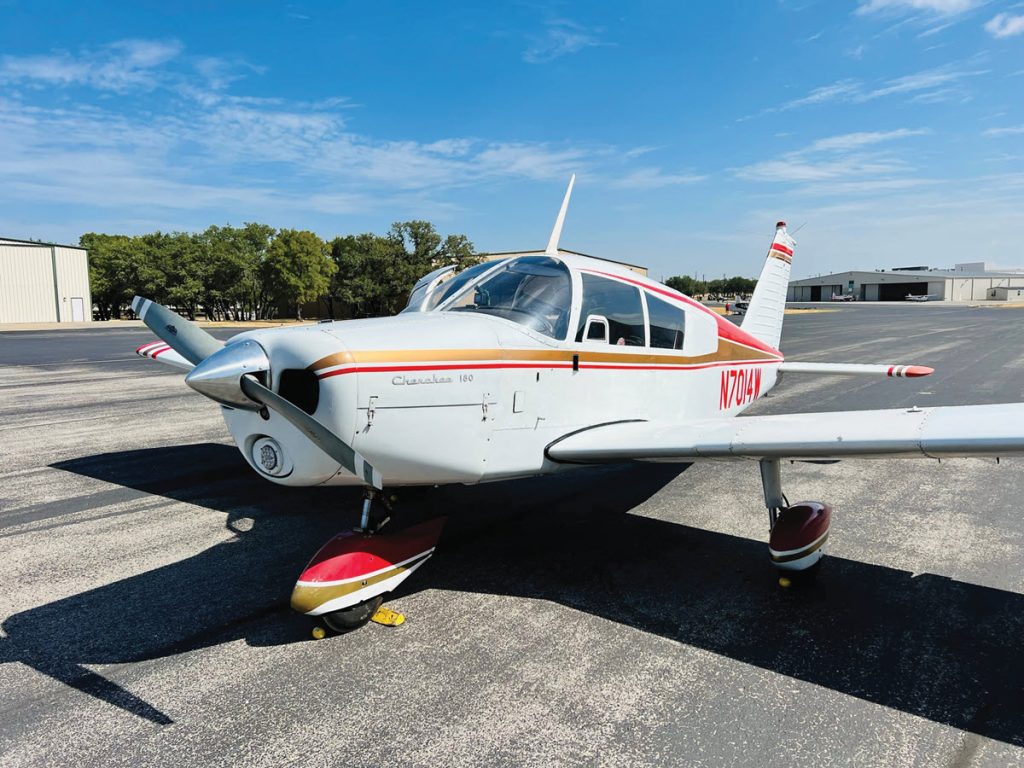
Have a website login already? Log in and start reading now.
Never created a website login before? Find your Customer Number (it’s on your mailing label) and register here.
JOIN HERE
Still have questions? Contact us here.

